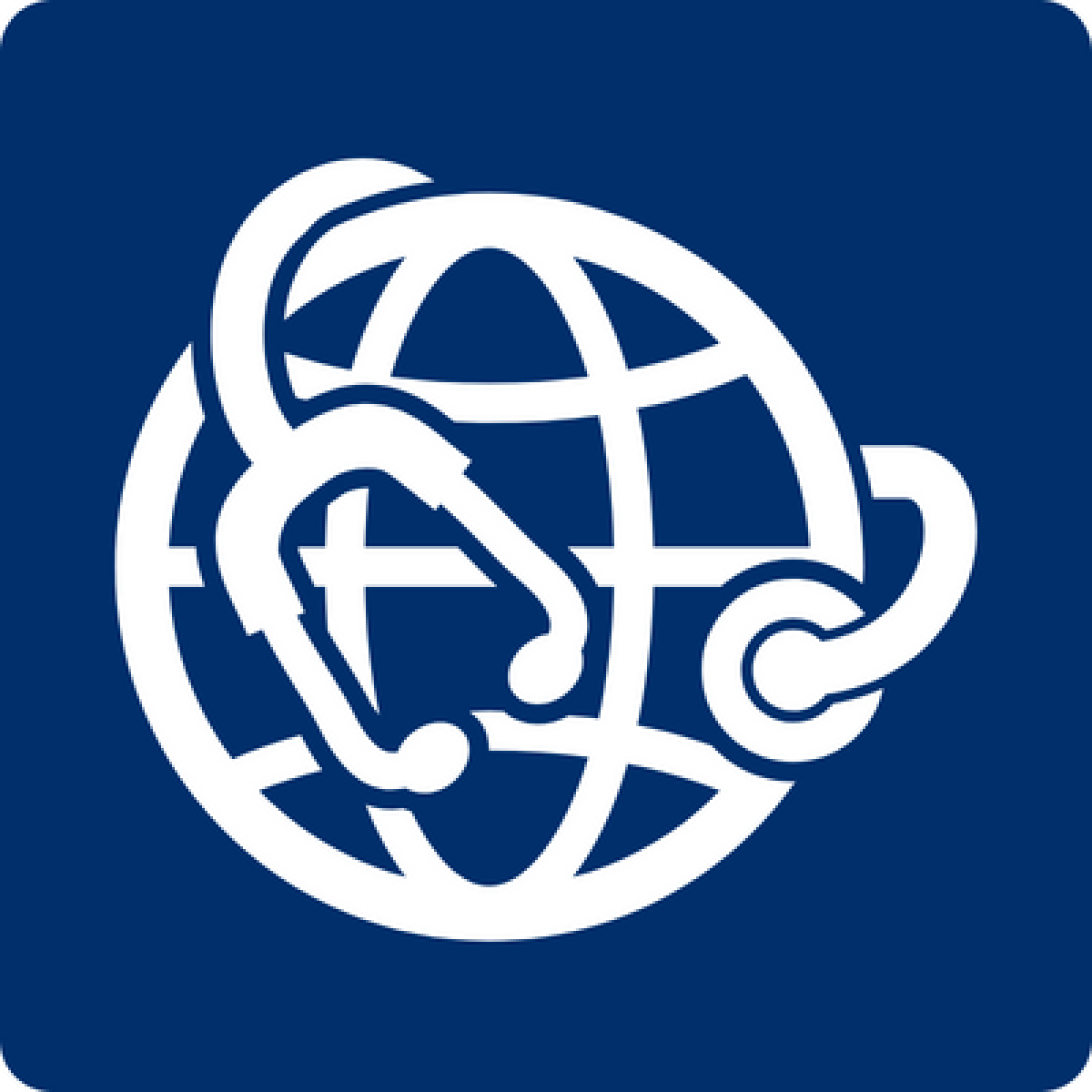Global Health Security
Protecting the World from Health Emergencies
Primary Text
We must simultaneously work to finance health security, strengthen global health systems, and create early warning systems to prevent, detect and response to future biological threats - because they will keep coming."
Secondary Text— President Joe Biden
Global health security (GHS) is the existence of strong and resilient public health systems that can prevent, detect, and respond to emerging infectious disease threats, wherever they occur in the world. Since the start of the 21st century, infectious disease outbreaks and epidemics have increased both in severity and frequency. The vast majority - 75% - of emerging infectious disease threats originate from animals, at a time when an increasing number of people around the world are living in closer proximity to animals due to deforestation, land use change, climate change, and a variety of other factors. Across our nation and around the world, millions of people have lost their lives and livelihood because the world lack capacity to prevent, detect, and respond to COVID-19 and other emerging infectious disease threats.
USAID works with partner countries - as well as global, regional, and local public and private sector organizations - to help strengthen the systems needed to prevent and mitigate the increasing occurrence and severity of emerging infectious disease threats. Launched in 2005 in response to the Avian Influenza, USAID's commitment has increased in the wake of more frequent and severe emerging infectious disease outbreaks, including the COVID-19 pandemic.
USAID's Global Health Security Program

USAID's Global Health Security (GHS) Program seeks to prevent and mitigate the increasing occurrence and severity of epidemics, pandemics and other emerging infectious disease threats. We do this by partnering with countries, as well as global, regional, and local public and private sector organizations.
Since 2014 - when the most widespread Ebola outbreak in history hit West Africa and in turn galvanized global action around strengthening infectious disease prevention, detection and response capabilities - USAID has invested more than $2.5 billion to ensure the necessary systems are in place to prevent, detect, and respond to emerging infectious disease threats wherever they exist.
This effort is key to the United States National Biodefense Strategy and United States Government 2024 Global Health Security Strategy commitment to assist at least 50 countries to achieve "demonstrated capacities" in five GHS technical areas by 2025. To achieve this commitment, USAID invests in projects and initiatives implemented by a wide variety of partners, including non-governmental organizations, U.S. and host-country universities, the private sector, multilateral organizations, research institutions, and various local partners. Learn more about USAID's GHS areas of investment and partnerships.
Areas of Investment

Capacity Strengthening
USAID's GHS Program supports more than 50 countries and regions to build the global health security capacities needed to more effectively prevent, detect, and rapidly respond to outbreaks, epidemics, and pandemics.

Outbreak Response
USAID's Outbreak Response Team (ORT) - a core component of the GHS Program - improves outbreak response by supporting countries in their response through effective coordination, consistent messaging, informed decision making, and strategic alignment of USAID's priorities.

Multilateral Partnerships
USAID invests in multilateral partners - like the Pandemic Fund and the Coalition for Epidemic Preparedness Innovations - to catalyze assistance and strengthen global health security capacities in additional countries.

Interconnected U.S. Global Health Programs
USAID's broader global health programs are inextricably linked with GHS. All program provide a baseline of support for countries that is essential for them to achieve outbreak preparedness and response objectives, including health systems resilience, primary healthcare, maternal and child health and nutrition, PEPFAR, PMI, and food security.
In the News
USAID Mobilizes Response to Marburg Outbreak in Rwanda - Press Release
FACT SHEET: United States Response to the Clade 1 Mpox Outbreak in Several African Countries
USAID Announces Additional $35 Million to Support Mpox Outbreak Response in Central and Eastern Africa - Press Release
United States Announces Up to $667 Million Planned Contribution to the Pandemic Fund to Support Pandemic Prevention, Preparedness & Response - Press Release
Explore more news and announcements in Resources & Multimedia

